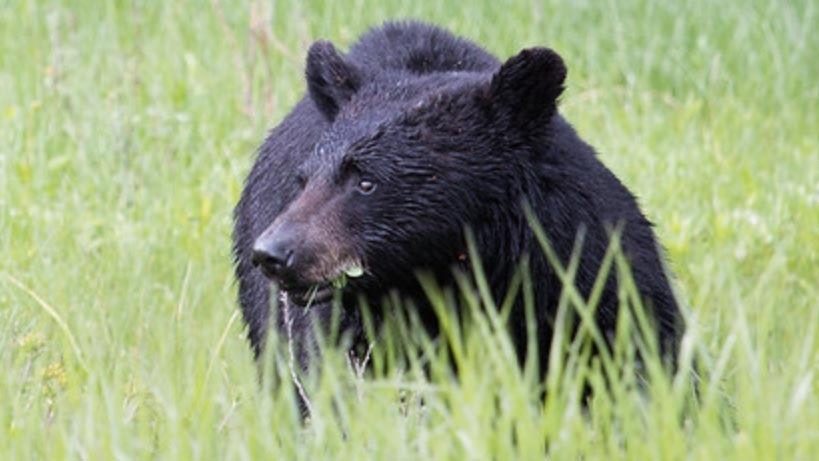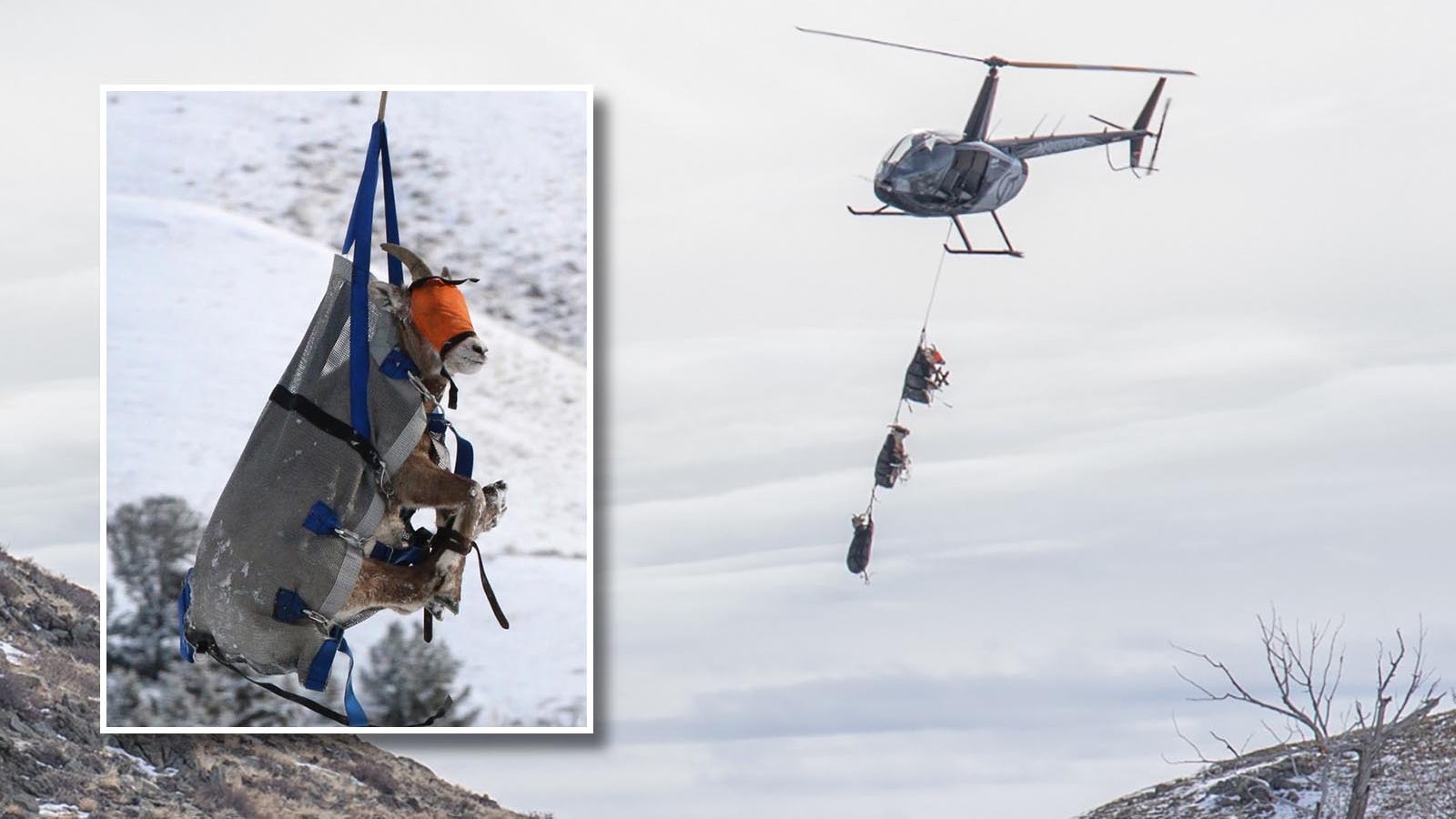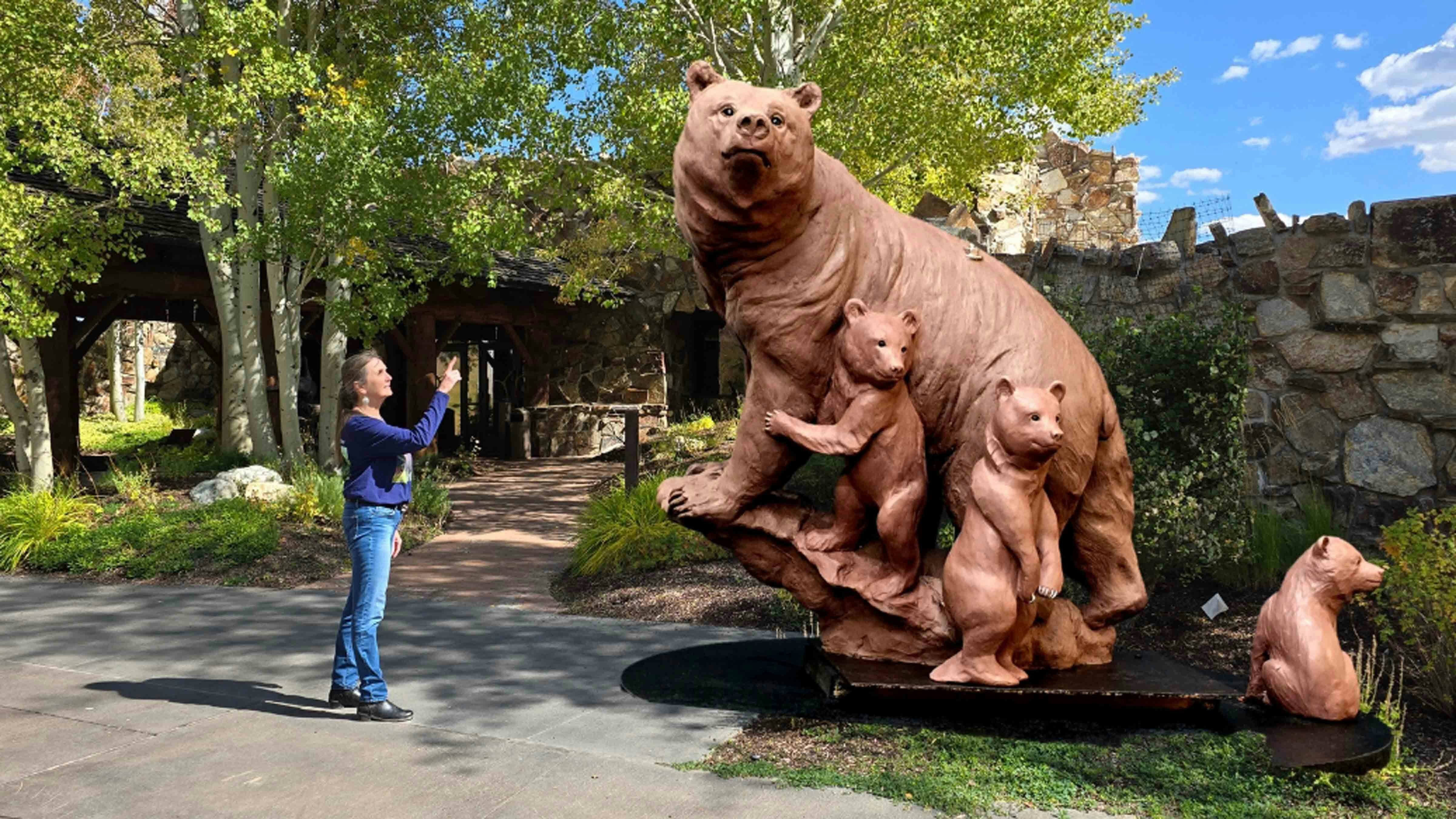An adult female black bear in Yellowstone National Park had to be euthanized after biting a woman and nipping at a child’s hand last week.
According to a news release from the National Park Service, around 5 p.m. on July 6, the bear entered a backcountry campsite occupied by five backpackers (three adults and two children) as they were sitting outside of their tents. The campsite was located around 3 miles from the Hellroaring Trailhead in the northern part of the park.
The bear walked up to an adult woman and bit her on the right arm and head, inflicting bruises and minor abrasions. The bear also nipped at the right hand of one of the children.
The bear then walked over the group’s food, which was under a storage pole but not yet hung, and began eating it.
Rangers responded by horseback and when they arrived at the camp, the bear was still there eating the campers’ food.
According to NPS, there were four reasons for euthanizing the bear: human safety concerns, the bear entered an occupied campsite, it bit a camper and received a considerable food reward after this behavior.
“The risk of being injured by a black bear while in backcountry campsites in Yellowstone National Park is approximately 1 in 850,000 overnight stays,” said Yellowstone Bear Management Biologist Kerry Gunther in the release. “Although the risk is low, the park recommends that backcountry campers carry bear spray while hiking and when in camp. Hang food from the food pole at all times except when cooking or eating.”
In Yellowstone, injuries to humans by black bears are very rare, and occur about once in every seven years.
In 2019, park staff responded to multiple incidents involving bears exhibiting habituated behavior.
Wildlife in Yellowstone National Park are wild and unpredictable. Be aware of your surroundings and never feed wildlife.
Animals that become dependent on human food may become aggressive toward people and have to be killed. Keep all food, garbage or other attractants packed away when not in use.
Stay 25 yards away from all large animals, including bison, elk, bighorn sheep, deer, moose and coyotes and at least 100 yards away from bears and wolves.





